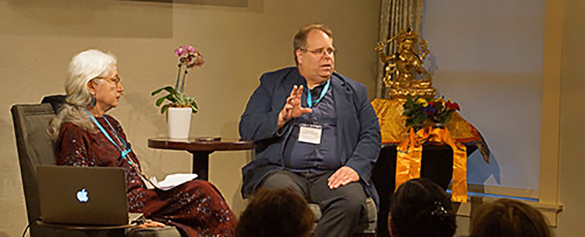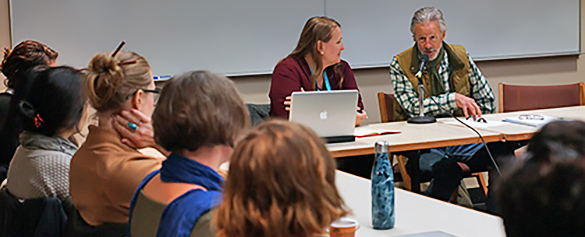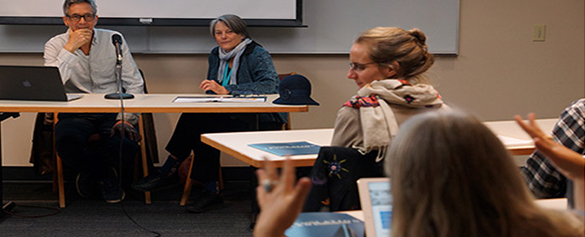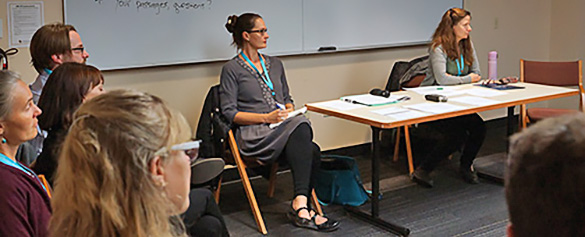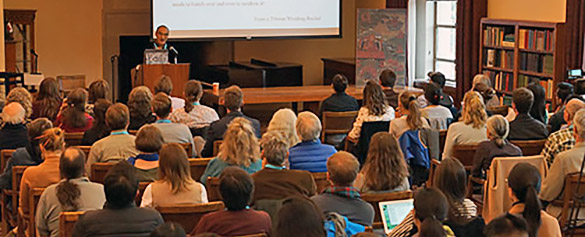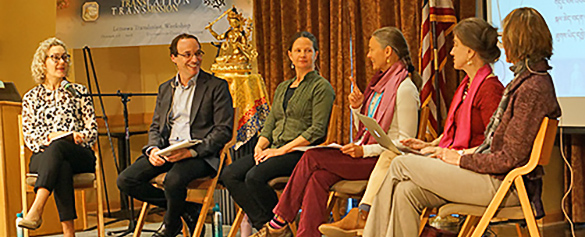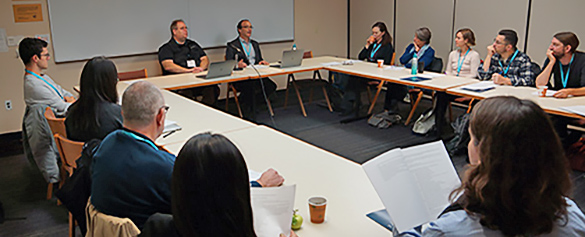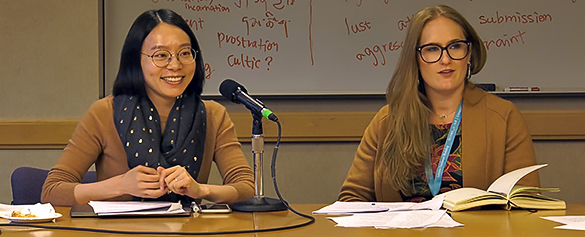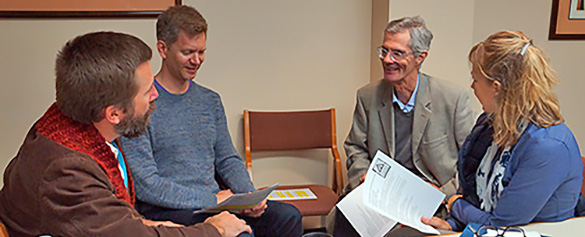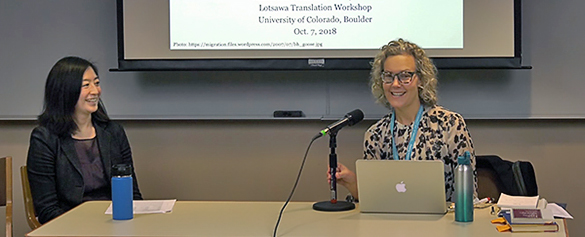The State of the Field
Migmar Lama2022-11-16T23:40:41-07:00Kurtis Schaeffer (University of Virginia) begins a reflective conversation about the State of the Field of Tibetan translation by acknowledging Janet Gyatso’s book Apparitions of the Self (1998). Kurtis notes that the work has fueled discussion about embodied engagement with literature that takes form and style in literature seriously. Since its release, it has inspired workshops and served as the basis of other significant work on the impact of thought, philosophy, and devotion on literary production.
The two scholars continue by contextualizing a major theme of current translation work: the fact that we can now focus on Tibetan literature as literature. […]

